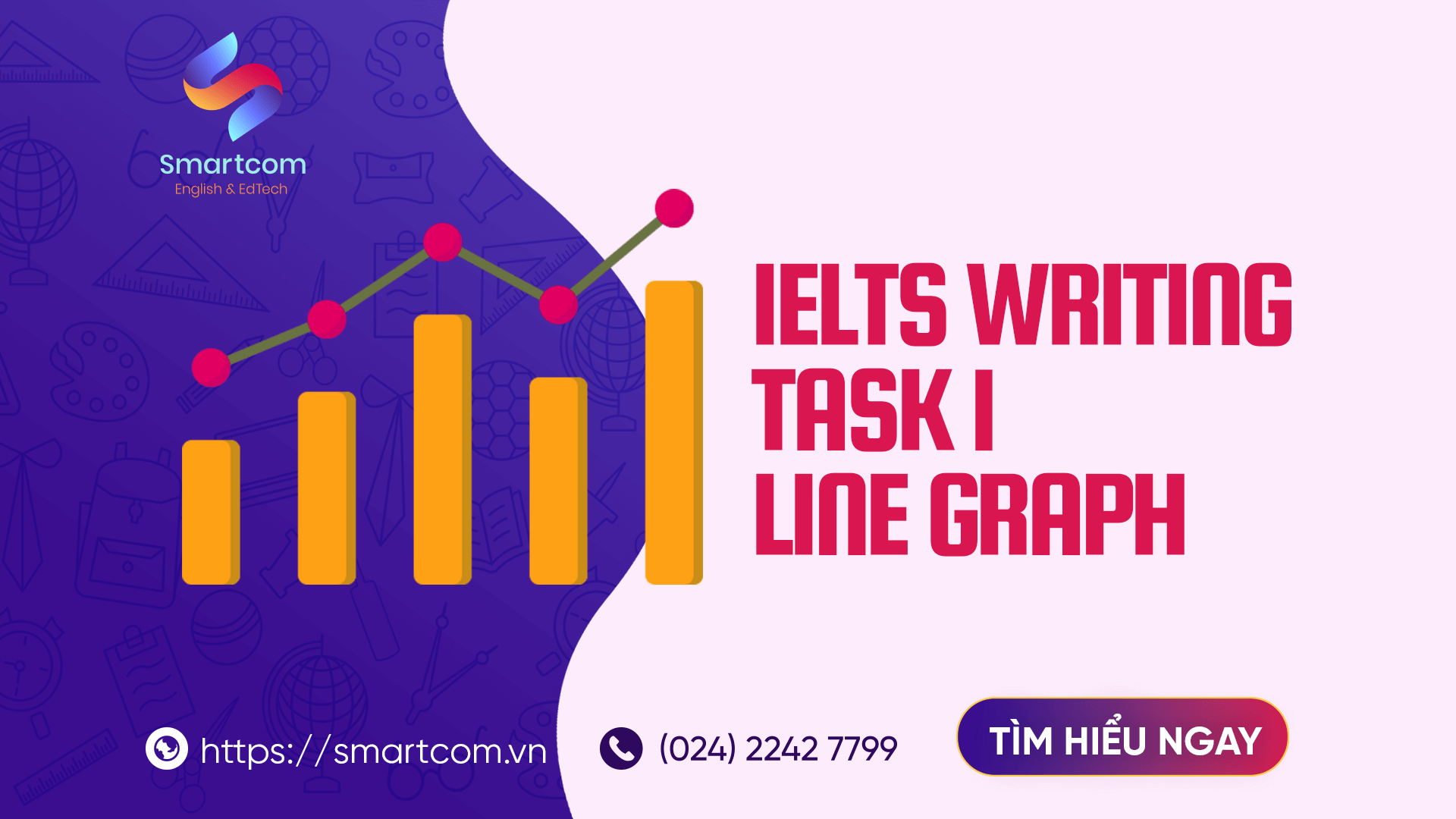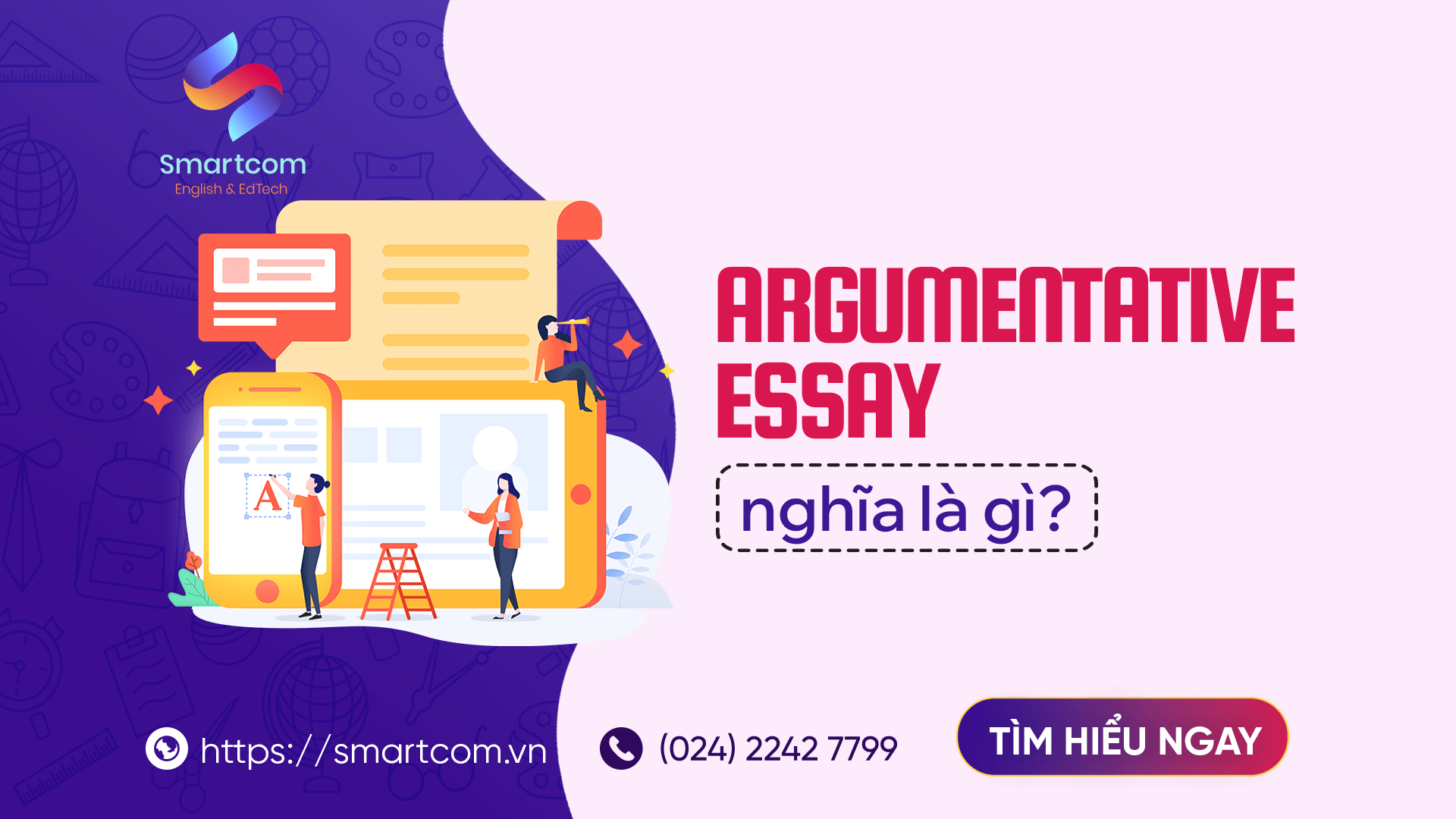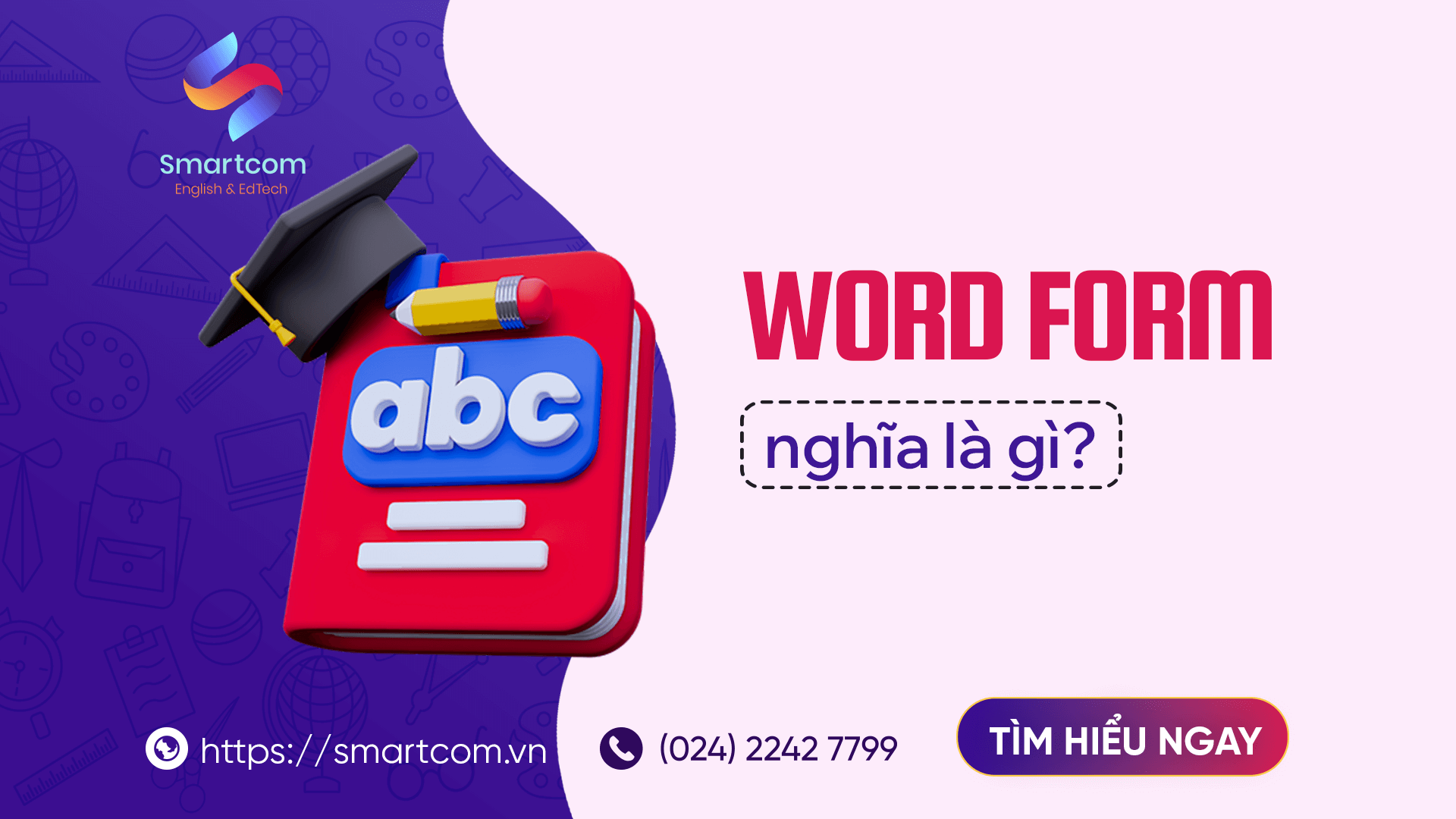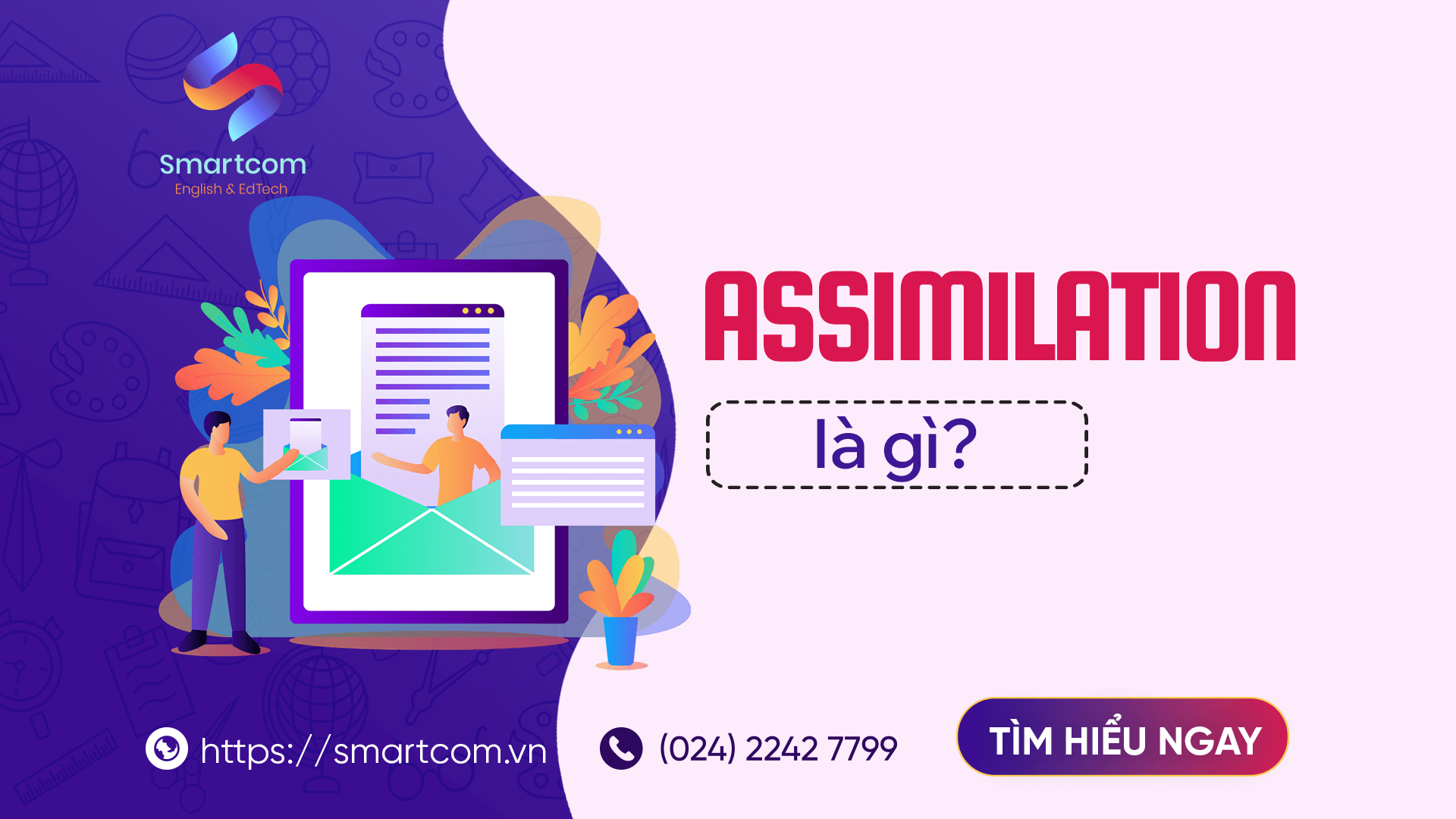Đội ngũ chuyên gia tại Smartcom English là tập hợp những chuyên gia đầu ngành trong lĩnh vực IELTS nói riêng và tiếng Anh nói chung. Với phương pháp giảng dạy sáng tạo, kết hợp với công nghệ AI, chúng tôi mang đến những trải nghiệm học tập độc đáo và hiệu quả. Mục tiêu lớn nhất của Smartcom Team là xây dựng một thế hệ trẻ tự tin, làm chủ ngôn ngữ và sẵn sàng vươn ra thế giới.
Chủ đề STUDY là một trong những chủ đề thường gặp trong bài thi IELTS Speaking Part 1, 2 và 3. Việc nắm vững kiến thức và cách trả lời các câu hỏi liên quan đến chủ đề này sẽ giúp bạn tự tin hơn trong bài thi và đạt kết quả tốt nhất. Hôm nay, hãy cùng Smartcom English tìm hiểu tất tần tật về IELTS Speaking topic Study.

Từ vựng IELTS Speaking topic Study
Dưới đây là danh sách từ vựng chủ đề Study trong IELTS Speaking bạn có thể tham khảo:
- Education (ˌɛdʒʊˈkeɪʃən) – Giáo dục
Example: Education is the key to success. (Giáo dục là chìa khóa cho thành công.)
- Degree (dɪˈɡriː) – Bằng cấp
Example: She earned a master’s degree in psychology. (Cô ấy đã đạt được bằng thạc sĩ về tâm lý học.)
- Knowledge (ˈnɒlɪdʒ) – Kiến thức
Example: Reading helps to expand your knowledge. (Đọc sách giúp mở rộng kiến thức của bạn.)
- Curriculum (kəˈrɪkjʊləm) – Chương trình học
Example: The school is revising its curriculum to meet modern educational standards. (Trường đang sửa đổi chương trình học để đáp ứng các tiêu chuẩn giáo dục hiện đại.)
- Assignment (əˈsaɪnmənt) – Bài tập
Example: The teacher gave us a challenging assignment to complete over the weekend. (Giáo viên giao cho chúng tôi một bài tập khó khăn để hoàn thành vào cuối tuần.)
- Examination (ɪɡˌzæmɪˈneɪʃən) – Kỳ thi
Example: She’s nervous about her final examination next week. (Cô ấy lo lắng về kỳ thi cuối kỳ vào tuần sau.)
- Attend (əˈtend) – Tham dự
Example: He attends evening classes to improve his language skills. (Anh ấy tham dự các lớp học buổi tối để cải thiện kỹ năng ngôn ngữ của mình.)
- Revise (rɪˈvaɪz) – Ôn tập
Example: I need to revise for my history exam tomorrow. (Tôi cần ôn tập cho kỳ thi lịch sử của mình vào ngày mai.)
- Memorize (ˈmɛməraɪz) – Ghi nhớ
Example: She memorized all the important dates for the test. (Cô ấy ghi nhớ tất cả các ngày quan trọng cho bài kiểm tra.)

- Study habits (ˈstʌdi ˈhæbɪts) – Thói quen học tập
Example: Good study habits are crucial for academic success. (Thói quen học tập tốt là quan trọng cho sự thành công học tập.)
- Study materials (ˈstʌdi məˈtɪəriəlz) – Tài liệu học tập
Example: Make sure you have all the necessary study materials before starting your revision. (Hãy đảm bảo bạn có tất cả các tài liệu học tập cần thiết trước khi bắt đầu ôn tập của bạn.)
- Hit the books (hɪt ðə bʊks) – Bắt đầu học hành
Example: I need to hit the books if I want to pass this exam. (Tôi cần bắt đầu học hành nếu muốn đỗ kỳ thi này.)
- Pull an all-nighter (pʊl ən ɔːl-ˈnaɪtər) – Thức trắng đêm để học
Example: I had to pull an all-nighter to finish my assignment on time. (Tôi phải thức trắng đêm để hoàn thành bài tập đúng hạn.)
- Brush up on (ˈbrʌʃ ʌp ɒn) – Làm mới lại kiến thức
Example: I need to brush up on my French before the trip to Paris. (Tôi cần làm mới lại kiến thức tiếng Pháp trước chuyến đi đến Paris.)
- Drop out of (drɒp aʊt ɒv) – Bỏ học
Example: He dropped out of university after one semester. (Anh ấy bỏ học đại học sau một kỳ học.)
- Catch up on (kætʃ ʌp ɒn) – Bắt kịp
Example: I need to catch up on my reading over the weekend. (Tôi cần bắt kịp việc đọc sách vào cuối tuần.)
- Fall behind (fɔːl bɪˈhaɪnd) – Bị tụt lại
Example: If you fall behind in your studies, it can be hard to catch up. (Nếu bạn bị tụt lại trong việc học, có thể khó khăn để bắt kịp.)
- Work through (wɜːk θruː) – Hoàn thành từng phần
Example: She’s working through the math problems one by one. (Cô ấy đang giải quyết từng bài toán toán học từng cái một.)
- Academic study (ˌækəˈdɛmɪk ˈstʌdi) – Học tập học thuật
Example: She’s pursuing her academic study in economics. (Cô ấy đang theo đuổi học tập học thuật về kinh tế học.)
- Study session (ˈstʌdi ˈsɛʃən) – Buổi học
Example: Let’s have a study session at the library this evening. (Hãy có một buổi học tại thư viện vào tối nay.)
- Study buddy (ˈstʌdi ˈbʌdi) – Bạn học
Example: Having a study buddy can make learning more enjoyable. (Có một bạn học có thể làm cho việc học trở nên thú vị hơn.)
- Study break (ˈstʌdi breɪk) – Giờ nghỉ học
Example: Let’s take a study break and grab some coffee. (Hãy nghỉ học và uống một ly cà phê.)
Câu trả lời mẫu IELTS Speaking topic Study
Ở phần 2 này, chúng ta sẽ cùng tham khảo các câu hỏi mẫu và câu trả lời cho bài IELTS Speaking topic Study.
IELTS Speaking topic Study part 1
Sample question 1: Do you work or study?
I’m currently a student. I study at the university.
Sample question 2: What do you study?
I study psychology, which I find fascinating.
Sample question 3: Is it a popular subject at your university?
Yes, psychology is quite popular at my university. Many students are interested in understanding human behavior and mental processes.
Sample question 4: Do you enjoy studying it?
Yes, I really enjoy studying psychology. It’s intriguing to delve into the complexities of the human mind.
Sample question 5: If you could change to another subject, what would it be?
If I could change to another subject, I might consider sociology. It offers a different perspective on human interactions and societal structures.

Sample question 6: What is the most difficult part of your subject?
The most difficult part of studying psychology, for me, is understanding complex theories and research methodologies.
Sample question 7: Do you like studying? Why / why not?
Yes, I do like studying. It’s a rewarding experience to gain knowledge and expand my understanding of the world.
Sample question 8: Do you prefer to study alone or with others? Why?
I prefer to study alone most of the time. It allows me to focus better and work at my own pace.
Sample question 9: Where do you prefer to go when you need to study? Why?
When I need to study, I prefer to go to the library. It’s quiet and provides a conducive environment for concentration.
Sample question 10: How do you feel if someone disturbs you when you are studying?
I feel frustrated if someone disturbs me when I’m studying. It breaks my concentration and disrupts my flow of thought.
IELTS Speaking topic Study part 2

Câu trả lời:
One memorable experience I had while studying was during my final year at university. It happened in the library during exam season. I was studying for my psychology final, which was one of the toughest exams I had ever prepared for. What made it memorable was the sense of camaraderie among my classmates. We formed a study group and spent countless hours together, helping each other understand complex concepts and practicing past exam papers. Despite the stress and pressure, those study sessions were filled with laughter, encouragement, and mutual support. It was a bonding experience that not only enhanced my understanding of the subject but also forged lifelong friendships.

Câu trả lời:
One challenging project I completed for my studies was my final year thesis in environmental science. It was a comprehensive research project where I investigated the impact of urbanization on local biodiversity. I worked on this project during my last semester at university, spending countless hours in the research laboratory and library. One of the difficulties I encountered was collecting accurate data from various field sites, as it required meticulous planning and coordination. Additionally, analyzing the data and drawing meaningful conclusions proved to be quite challenging, as I had to use advanced statistical techniques and software. To overcome these difficulties, I sought guidance from my professors and peers, who provided valuable insights and feedback throughout the process. I also dedicated extra time to refining my research methods and improving my data analysis skills. Despite the challenges, completing this project was immensely rewarding as it allowed me to contribute to the field of environmental science and develop valuable research skills that I can apply in my future career.
IELTS Speaking topic Study part 3
Sample question 1: Which one do you think is more important? Practical skills or academic skills?
I believe both practical skills and academic skills are important, but if I were to choose one, I’d say practical skills are more valuable in today’s job market. While academic skills provide a solid theoretical foundation, practical skills are what enable individuals to apply their knowledge effectively in real-world situations.
Sample question 2: Should students be allowed to use computers at school?
Yes, I think students should be allowed to use computers at school. In fact, technology has become an integral part of education, and computers offer a wealth of resources and tools that can enhance learning experiences. However, there should be guidelines in place to ensure that computers are used responsibly and for educational purposes.
Sample question 3: Which age group is the best to learn?
In my opinion, there isn’t a specific age group that is the best to learn. People of all ages can benefit from learning, and the effectiveness of learning depends more on individual motivation and learning styles rather than age. However, younger learners may have more flexibility and absorb information more readily, while older learners may bring valuable life experiences to their learning process.
Sample question 4: Are there any rules or laws on your campus?
Yes, there are rules and laws on my campus to ensure a safe and conducive learning environment for everyone. These rules cover various aspects such as academic integrity, behavior, and campus security. They are enforced to promote fairness, respect, and discipline among students and staff alike.

Xem thêm:
“Ăn trọn điểm” IELTS Speaking Topic WEATHER Part 1,2,3
IELTS Speaking part 2 chủ đề: Describe a place in your country
Qua những kiến thức trên đây, Smartcom hy vọng có thể giúp ích cho các bạn một phần không nhỏ trong công cuộc chinh phục IELTS Speaking, đặc biệt và với chủ đề Study quen thuộc này. Chúc các bạn ôn thi thành công!
Kết nối với mình qua
Bài viết khác


![[PDF + Audio] Tải Sách IELTS Cambridge 19 (Kèm đáp án)](https://smartcom.vn/blog/wp-content/uploads/2024/06/ielts-cambridge-19_optimized.png)

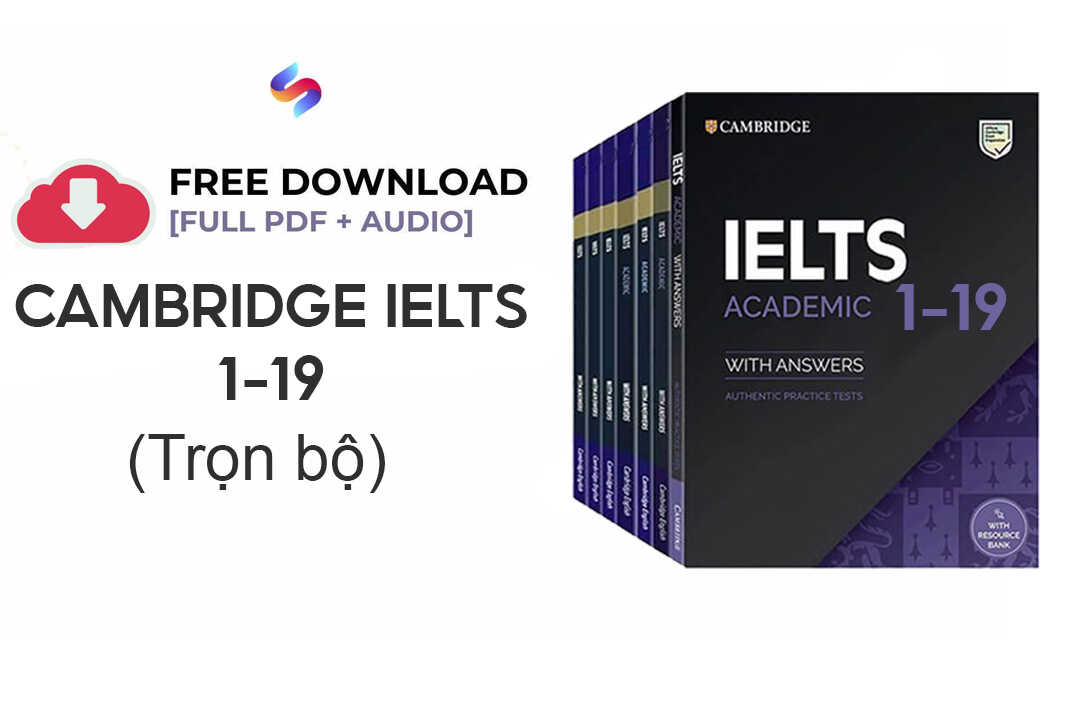
![[PDF + Audio] Tải Sách IELTS Cambridge 17 (Kèm đáp án)](https://smartcom.vn/blog/wp-content/uploads/2024/07/sach-ielts-cambridge-17_optimized.jpg)

![[PDF + Audio] Tải Sách IELTS Cambridge 15 (Kèm đáp án)](https://smartcom.vn/blog/wp-content/uploads/2024/07/ielts-cambridge-15_optimized.jpg)
